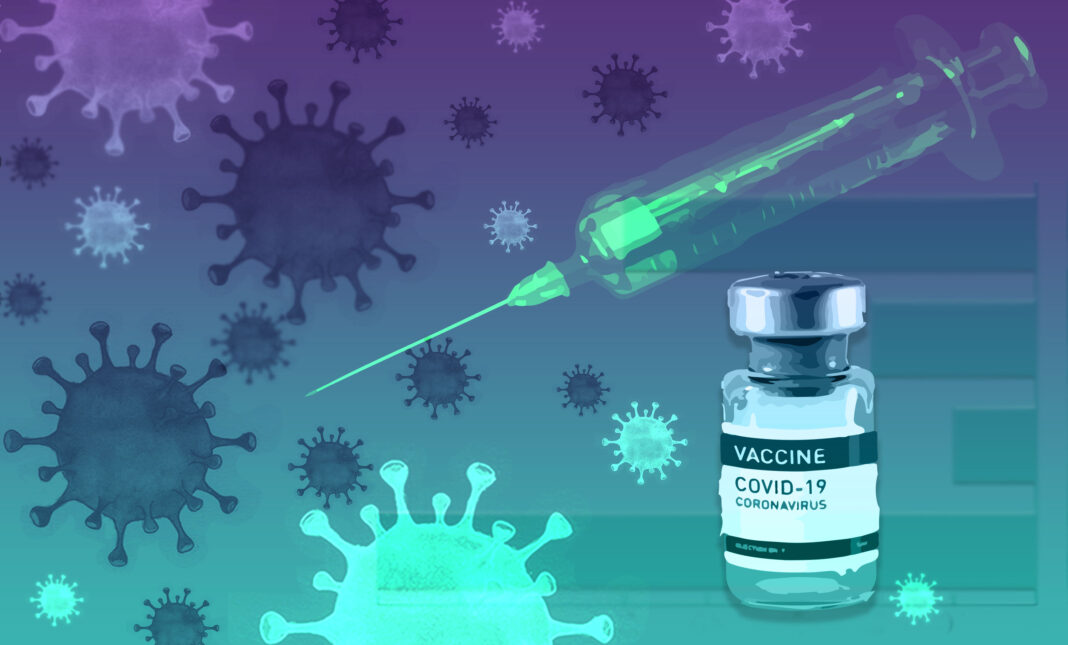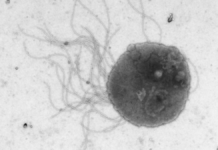A recent publication in PLoS Medicine mentioned that individuals who received a viral vector vaccine are likely to show greater vulnerability to COVID-19 infection by novel variants.
Marit J. van Gils from the University of Amsterdam, the Netherlands, and collaborators compared four different COVID-19 vaccines and demonstrated that those developed from messenger RNA (mRNA), such as the Moderna and Pfizer–BioNTech ones, display better performance against the variants of concern (VOCs) identified by the World Health Organization when compared with viral vector vaccines such as the ones offered by Johnsson & Johnsson (Janssen) and Oxford/AstraZeneca.
As of March 2022, there are reports of more than 520 million confirmed cases of COVID-19 and approximately six million COVID-related deaths. Moderna and Pfizer–BioNTech were the leading vaccines sanctioned in Europe and the US that offered protection against serious infections. These vaccines work by delivering the relevant genetic code to different cells of the human body. In contrast, viral vector vaccines, such as Johnsson & Johnsson and Oxford/AstraZeneca utilize an altered variety of dissimilar viruses for delivering instructions to the cells.
The research team collected blood samples from nearly 165 healthcare employees who had been vaccinated with the two-dose Moderna, Pfizer, or AstraZeneca vaccines 3 and 4 weeks following the first and second dose, respectively. On the other hand, samples were collected 4–5 and 8 weeks following the one-dose Johnsson & Johnsson vaccine. They measured antibody responses in these samples to the original SARS-CoV-2 strain (the strain that first caused COVID-19).
Healthcare workers who received the Moderna vaccine displayed the highest antibody responses to the original SARS-CoV-2 strain four weeks after the two vaccine doses, followed by recipients of Pfizer–BioNTech. The team observed considerably lower responses in workers who received the viral vector vaccines. All vaccines were tested against the VOCs, i.e., the Alpha, Beta, Gamma, Delta, and Omicron variants. Recipients of the mRNA vaccines had greater neutralizing antibodies compared with those who received the viral vector vaccines. All vaccine groups displayed a lowered ability to neutralize the variants, and the highest reduction was observed against the Omicron variant. The Pfizer–BioNTech vaccine was found to enhance the antibody responses in all patients, together with considerable improvement against the variants, including Omicron.
Despite the important findings, the researchers pointed out some limitations. First, they included more female healthcare workers than males. Second, individuals who received the AstraZeneca vaccine were suggestively older, and the complete immune response tends to deteriorate with age. This is because the AstraZeneca vaccine had been limited to individuals aged 60 and higher in the Netherlands.
Thus, the team identified the need for additional research to survey the long-term impact of different vaccines on antibody responses, in addition to future variants. Investigators are studying the prolonged durability of protective impacts, as they expect that the advent of novel virus variants will result in continuously varying conditions.
References
Mak WA, Koeleman JG, van der Vliet M, Keuren F, Ong DS. SARS-CoV-2 antibody and T cell responses one year after COVID-19 and the booster effect of vaccination: A prospective cohort study. Journal of Infection. 2022 Feb 1;84(2):171-8. https://doi.org/10.1371/journal.pmed.1003991
WHO Coronavirus (COVID-19) Dashboard. (2022, May 19). Global Situation. Retrieved May 20, 2022, from https://covid19.who.int/
MacIntyre, C. R., Veness, B., Berger, D., Hamad, N., & Bari, N. (2021). Thrombosis with Thrombocytopenia Syndrome (TTS) following AstraZeneca ChAdOx1 nCoV-19 (AZD1222) COVID-19 vaccination–A risk–benefit analysis for people< 60 years in Australia. Vaccine, 39(34), 4784-4787. https://doi.org/10.1016/j.vaccine.2021.07.013
Fang, E., Liu, X., Li, M., Zhang, Z., Song, L., Zhu, B., … & Li, Y. (2022). Advances in COVID-19 mRNA vaccine development. Signal Transduction and Targeted Therapy, 7(1), 1-31. https://doi.org/10.1038/s41392-022-00950-y





